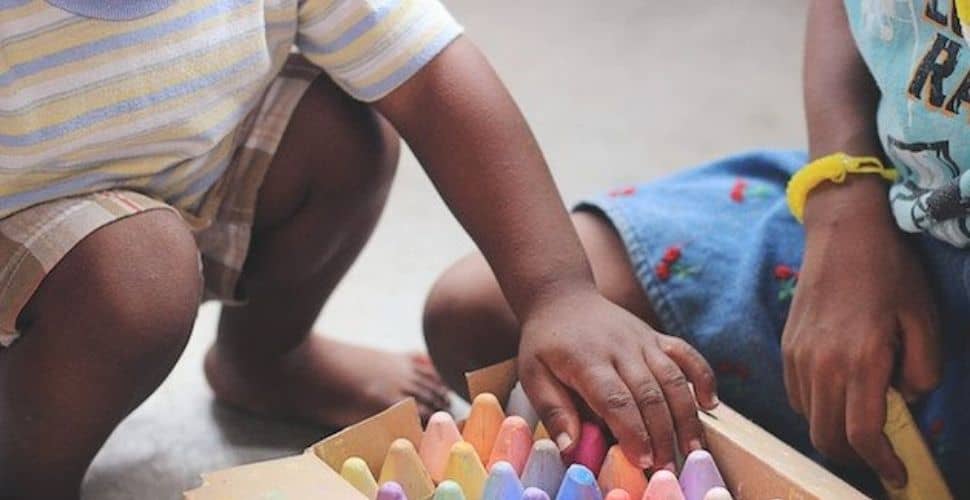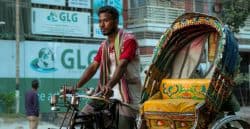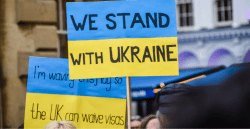A new report has exposed how institution-related child trafficking around the world persists. An estimated 5.4 million children are living in orphanages and institutions globally in conditions that leave them vulnerable to exploitation and trafficking.
The reality for children in orphanages
According to evidence collected from 84 organizations in 45 countries, the conditions presented to tourists visiting orphanages are not what they seem. Children are purposefully held in neglectful conditions and taught how to behave as orphans in front of tourists in order to elicit donations and turn a profit for unscrupulous orphanage directors.
Furthermore, children in orphanages are likely to have a living parent or family member who is able to look after with the right support. Evidence compiled in the report points to instances of children entering orphanages with falsified documents stating their parents’ death, or that they have been abandoned.
How traffickers operate
Traffickers essentially scout for children, exploiting families’ hopes for their children’s future by claiming they will receive an education and be looked after in these institutions. In reality, children are abused, neglected, forced to work and trafficked into other orphanages to repeat the cycle.
The Freedom United community is urgently calling on volunteer tour operators to no longer offer volunteer placements in orphanages, thus removing the financial incentive that is exploited by traffickers and unscrupulous orphanage directors.
The Guardian reports:
In Ghana, trafficked children were subjected to some of the worst forms of abuse, with children sold by institutions to work on cocoa farms and in goldmines. In Cambodia, some orphanage owners were found to have bought vulnerable children from disadvantaged families and marketed them to donors for profit.
The report shows that trafficking is more prevalent in countries with a significant tourism industry. In Uganda, the number of children in homes has increased from about 1,000 in the late 1990s to 55,000 today, and in Cambodia, the number of residential care institutions has increased by 75% in the last decade, despite a sharp decline in the number of orphans in both countries. Most institutions are developed in tourist hotspots.
Parosha Chandran, barrister at One Pump Court, told the Guardian: “I suspect that many people will be shocked by this report. They may recognise themselves as a well-intentioned orphanage volunteer, or as a generous donor who has supported children left vulnerable after a humanitarian disaster. Reading what follows may be the first time that they realise that they’d unwittingly played a part in propping up a harmful ecosystem in which children, most of whom have at least one living parent, act as commodities in an industry of profit-making orphanages.”
What you can do to help
Your activism is so important. Global Vision International and African Impact have already stopped offering placements in orphanages as a direct result of hearing your concerns and wanting to offer an ethical volunteering experience resilient to the risk of trafficking.
By keeping up the pressure to see similar commitments from other volunteer tour operators, we can turn the tide against orphanage volunteering and trafficking for good.







Freedom United is interested in hearing from our community and welcomes relevant, informed comments, advice, and insights that advance the conversation around our campaigns and advocacy. We value inclusivity and respect within our community. To be approved, your comments should be civil.
Hello, Liane. Unless you’re browsing in incognito mode, have cleared your cache, or are using a different device, you usually won’t be given the option to re-sign the same petition. We don’t recommending signing the same petition multiple times – instead you could consider sharing it with friends or family who might not yet have taken action. Thank you for your question!
I am concerned because I am asked to sign the same texts again and again. I would appreciate any evidence that double or triple signing of the same letter is prohibited.